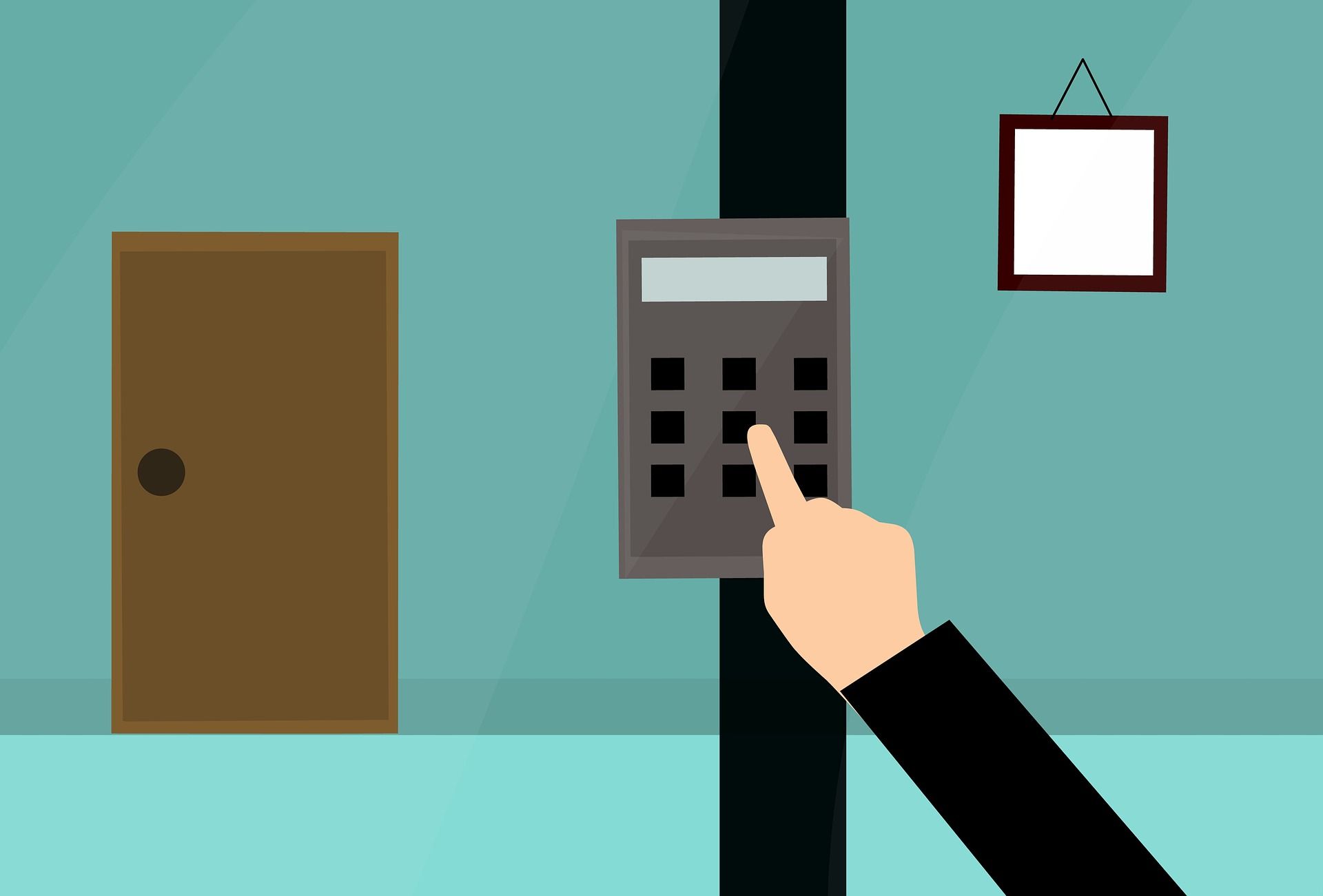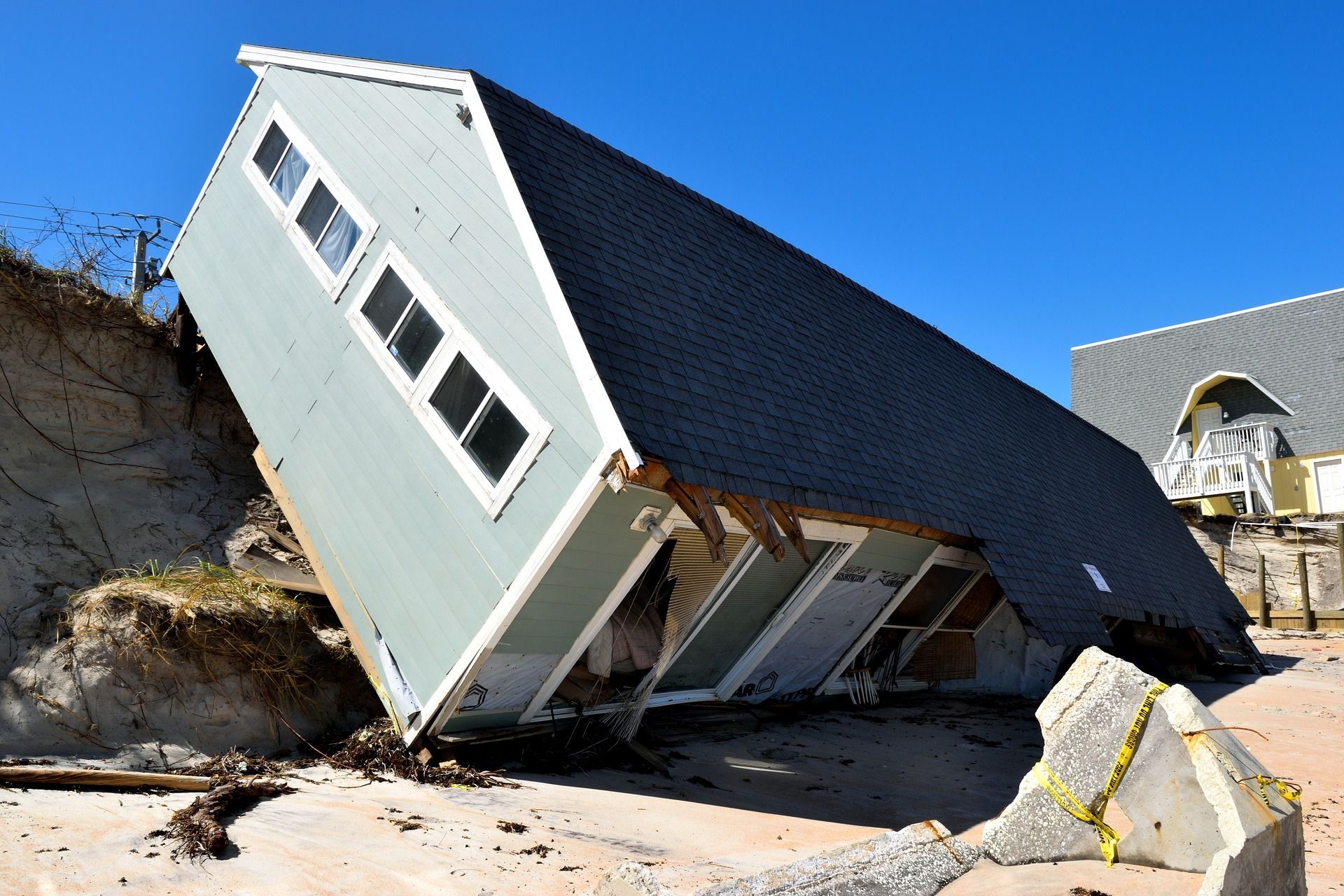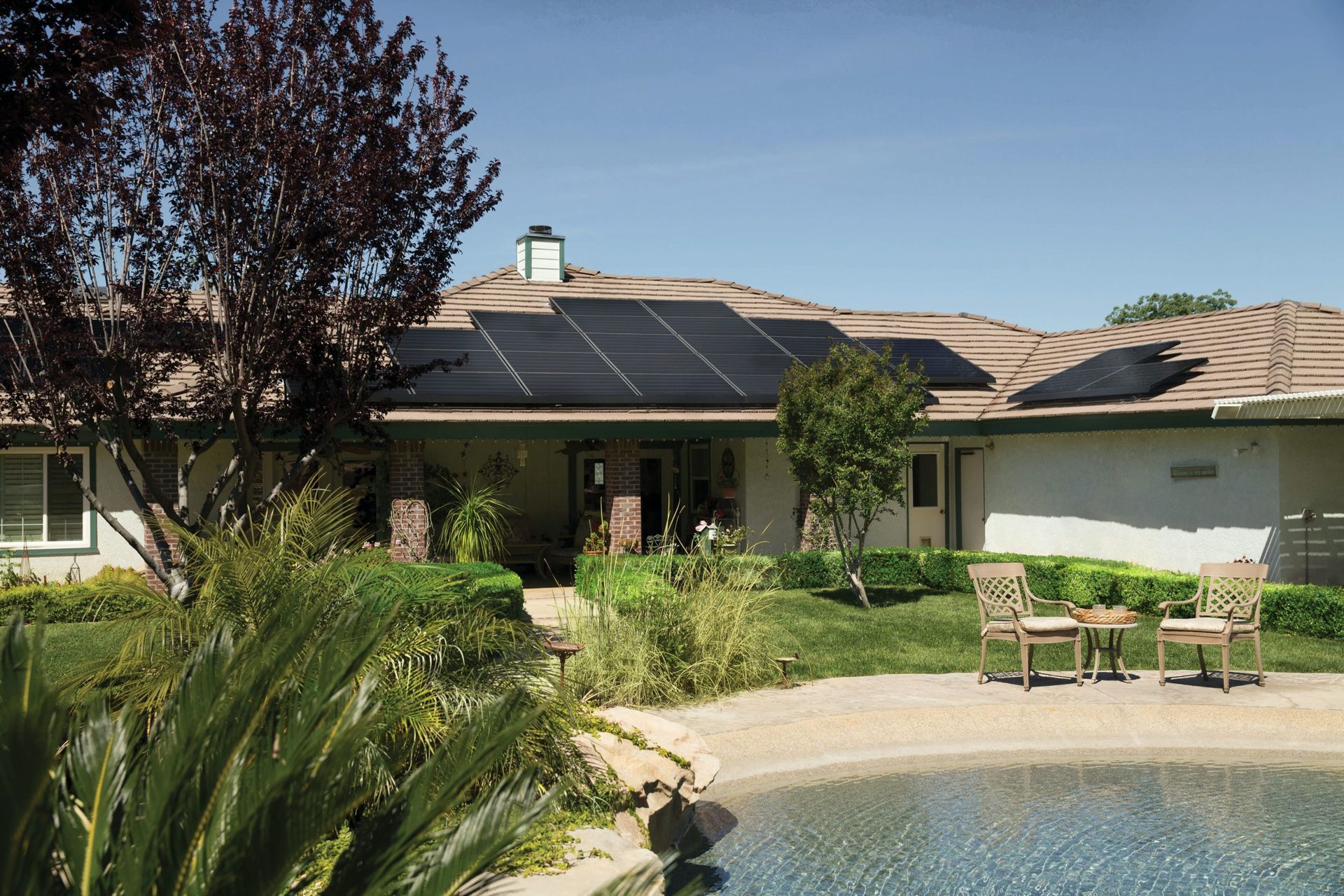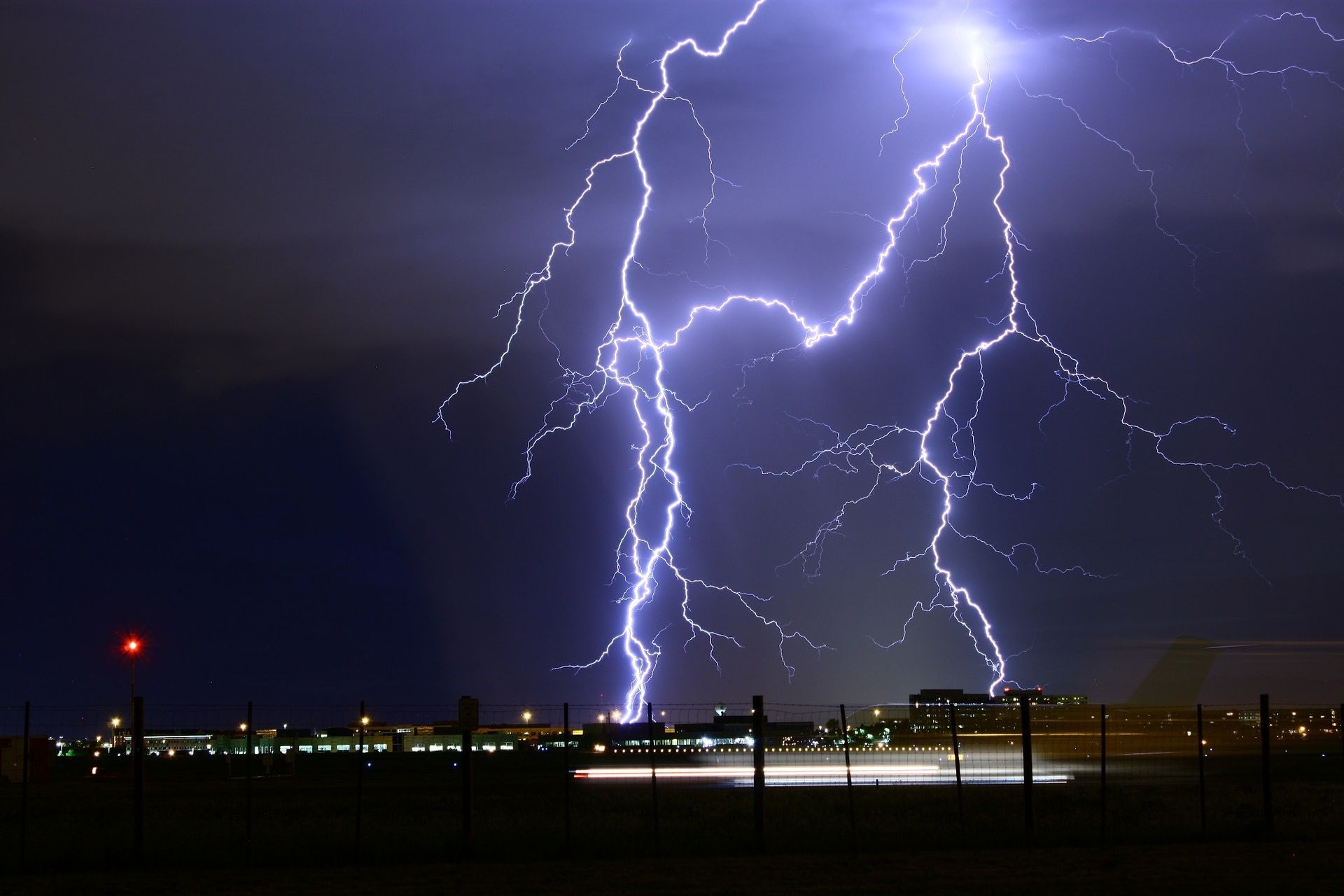Hurricane prep? Don’t forget about your insurance.
If you find yourself in the unfortunate situation of needing to file a claim after a hurricane, there are certain things that you need to know. In every home insurance policy, there is a section entitled the duties after a loss. This section outlines the things that the you, the insured, are expected to do after a potentially covered claim event occurs. Now these things can vary slightly from company A to company B to company C – but for the most part, most insurance companies will include some variation of the following (keep in mind this is not an exhaustive list):
First, you must give prompt notice to the insurance company. Before calling, you’ll want to ensure you have the facts of the loss. This includes the date the damage occurred, what type of damage did your property sustain and your policy number.
Next, you’ll also want to take steps to protect the property from further damage. If repairs to the property are required, you must make reasonable and necessary temporary repairs to protect the property from further damage; and keep an accurate record of any repair expenses.
Third, if there is any personal property damaged, you’ll need to prepare an inventory of damaged items. This includes the quantity, description, actual cash value, replacement cost and amount of loss. You’ll want to collect all bills, receipts and related documents – such as photos or video – that justify the figures used in the inventory.
Lastly, insurance companies will require proof of all damaged property . So don’t throw anything away until the insurance company gives you the green light to do so. Keep all records, keep all receipts, and keep all damaged items for consideration of reimbursement. Also, you’ll want to take photos of the damage and take video of the damage if possible. Doing so can help ensure a better claims experience.
Shifting gears for a moment, here are a couple of things to keep in mind….
Remember – Insurance companies will be backed up in the claims department after a hurricane which can result in longer hold times and longer turnaround times by their field adjusters. Rest assured that if you file a claim, the insurance company and their adjusters will contact you.
Good Idea #1 – Also, before the hurricane hits, it’s a really good idea to take inventory of your personal property. At minimum, do a video walk-through of your home with your mobile device.
Good Idea #2 – It’s also a good idea to take steps to help mitigate losses before the hurricane. This can include cutting back trees and removing furniture and plants from porches and patios. It’s important to note that many home insurance policies in Florida typically don’t cover rain damage to the inside of the home unless a covered peril first creates an opening to the home that allows the rain to get into the home. This means that unless the hurricane first breaks a window, blows in a door or rips off a section of the roof (for example), that rain damage to the interior of the home will most likely not be covered. Therefore, it’s a really good idea to ensure your windows and doors are properly sealed. That any stucco cracks are sealed. You may even want to use sandbags at the base of entry doors to prevent water intrusion.
What if you need to file a claim?
If you need to file a claim we have a list of all the insurance companies we represent and their respective claim numbers on our website at www.chrinco.com/claim.
Want to see what insurance rate look like in your area? Get a quote online at shopitnow.chrinco.com or give me a call at 321-586-3754. Chrinco.com – Insurance Simplified.
Want a home insurance quote from a local agent in Melbourne, FL? Click Here to get started!
Want more tips like this?
Did you know we’re building amazing technology that will simplify insurance shopping? Want to learn more – Click Here and let us know!
Join the Chrinco.com community and follow us as we not only provide insurance tips to consumers but are also developing a new way to shop for insurance. Join the journey that we believe will change an industry.
Chrinco.com – Insurance Simplified.
The post Hurricane prep? Don’t forget about your insurance. appeared first on Chrinco.

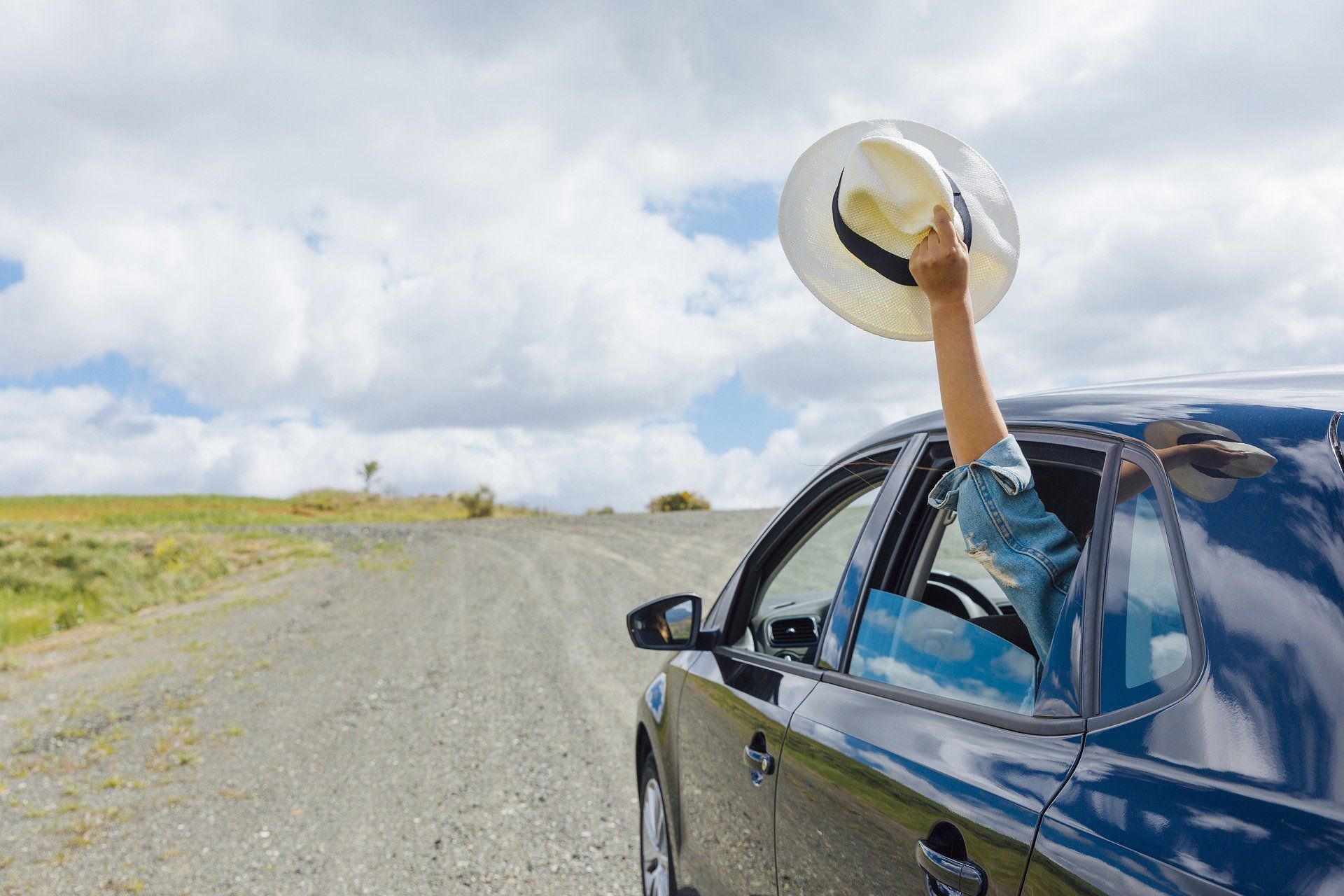

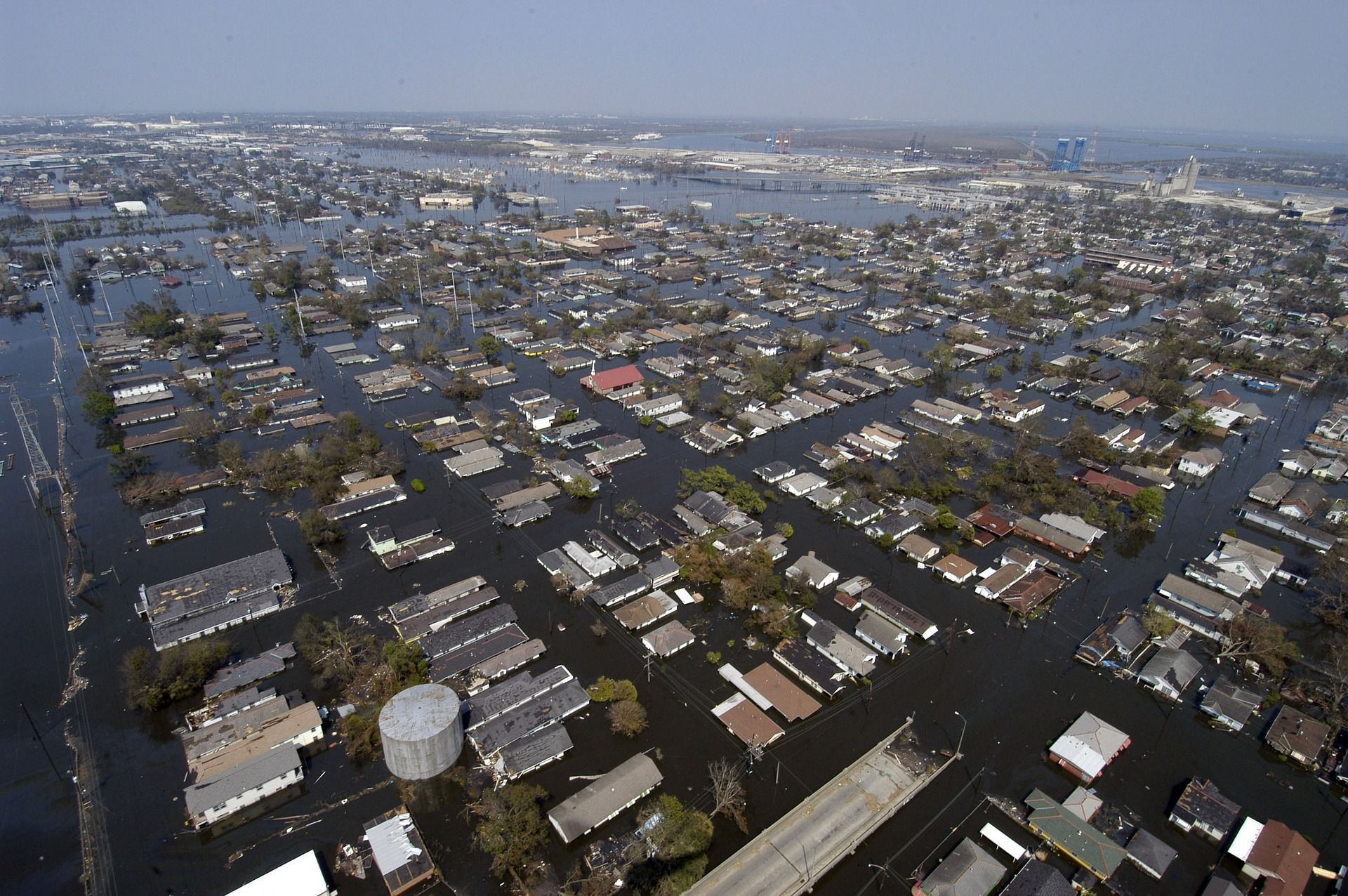
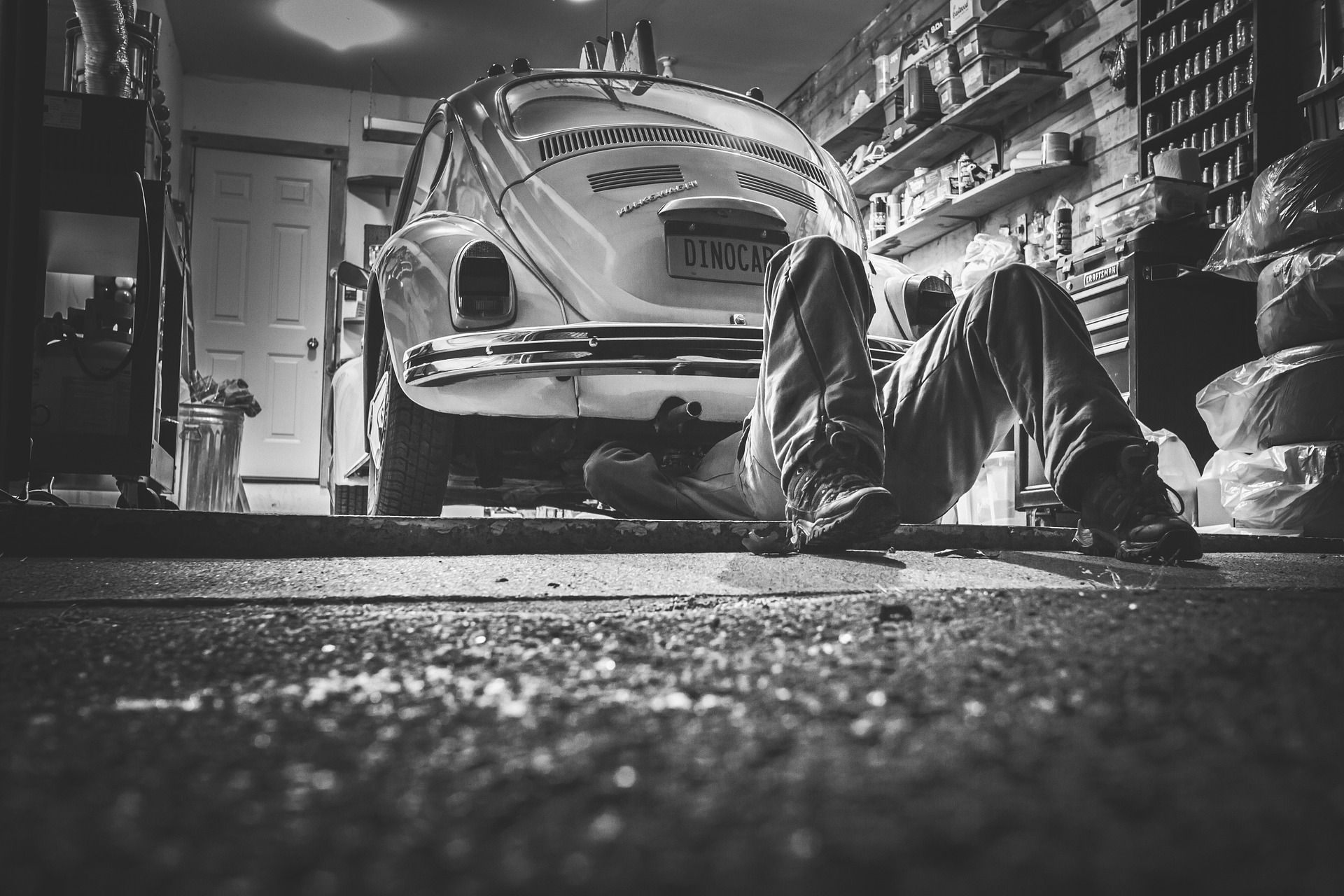
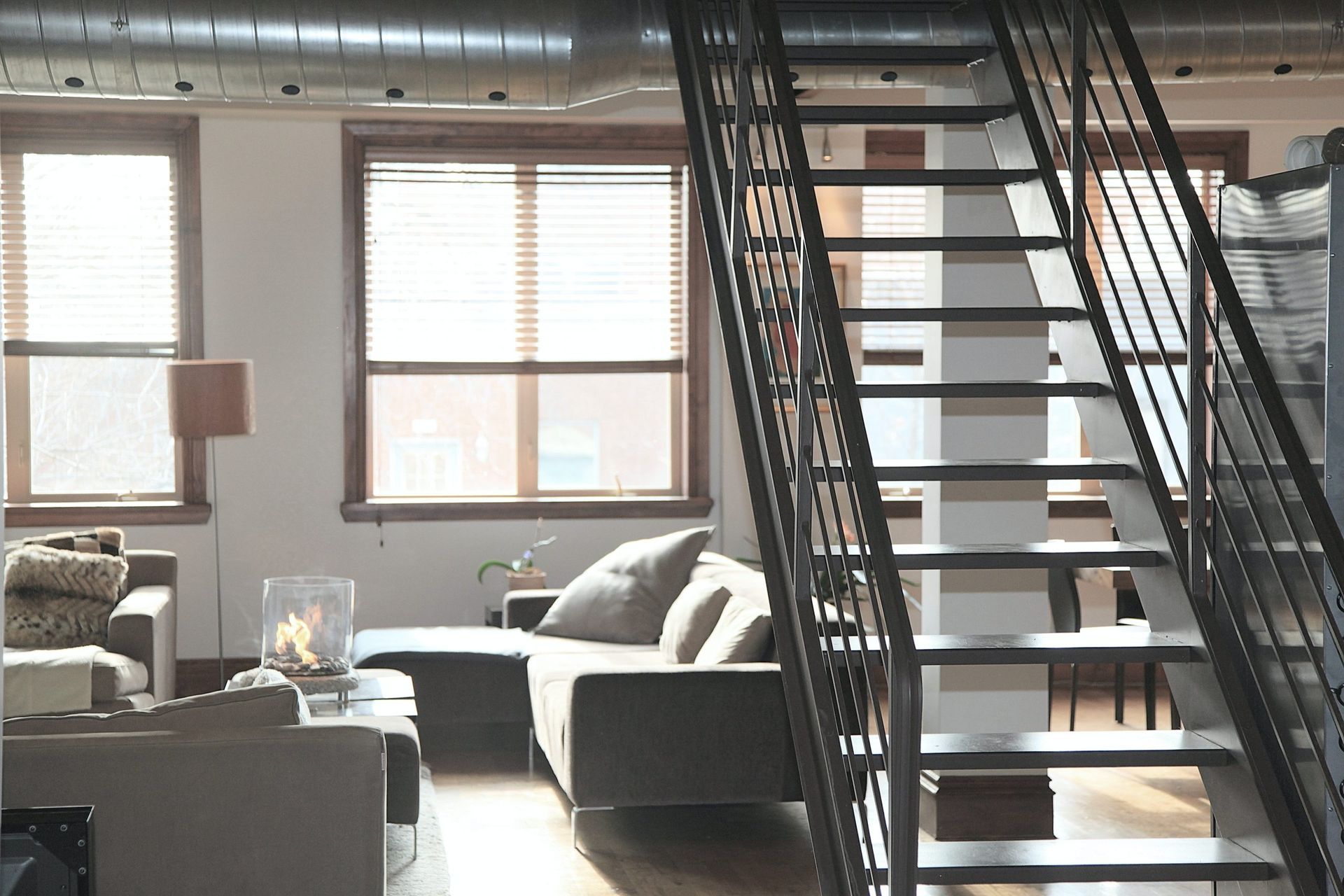
All Rights Reserved | Chrinco Insurance | Privacy Policy
